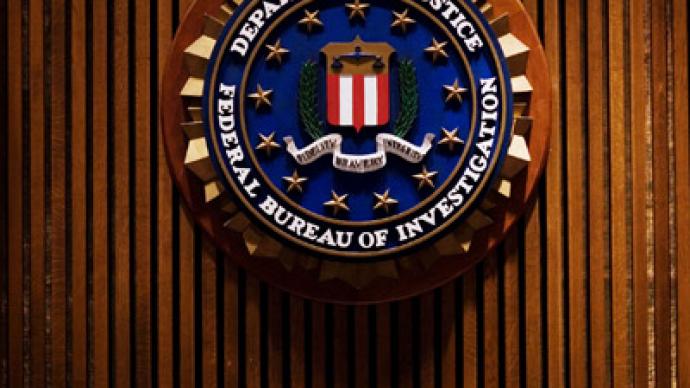FBI gun control database resembles Swiss cheese

Gun buyers in the US are required to undergo background checks, but gaps in the FBI database have allowed thousands of Americans to buy firearms each year, despite suffering from mental health conditions.
Multiple mass shootings have occurred this year, prompting legislators to question the efficiency of background checks conducted by firearm providers. Both US mental health care facilities and databases are under serious examination after 20-year-old Adam Lanza fatally shot 26 people at an Elementary School in Newtown, Conn. last week.The National Instant Criminal Background Check System (NICS), which was launched by the FBI in 1993, is used to determine the eligibility of someone wishing to buy a gun in the US. Those suffering from mental health conditions are ineligible to buy firearms, but the FBI database is incomplete, causing thousands of Americans to slip through the cracks each year.The database relies on states to provide federal authorities with records of people who have been deemed mentally ill, but many states have provided few names. Rhode Island has provided no records.While some states – like New York – have submitted tens of thousands of records of mentally ill individuals to the FBI database, 19 states have submitted fewer than 100, according to data by Mayors Against Illegal Guns. It is likely that millions of names are missing from the FBI database, causing these millions to be eligible to purchase anything from a hunting rifle to an assault weapon, the New York Times reports.“Until [the FBI] has all the records of people out there in the country who have been deemed too dangerous to own a firearm, the background check system still looks like Swiss cheese,” Mark Glaze, director of Mayors Against Illegal Guns, told the Times.The problem with the FBI database is that states are not required to submit records – participation is voluntary. Virginia Tech shooter Seung-Hui Cho, who shot and killed 32 people in 2007, had been declared mentally ill by a Virginia state judge, but his record was never submitted to the FBI and he successfully passed a background check to buy his weapons.Criminal records and mental health conditions are both conditions for failing a background check, but criminals and mentally ill individuals are too often allowed to purchase firearms. Sometimes the FBI contacts local courthouses to check an applicant’s record, but if local officials fail to respond in a timely manner and the FBI does not respond within a certain amount of time, the applicants are allowed to buy the weapons they desire. The time period for Walmart, the country’s largest gun dealer, is three days.Since 2005, 22,162 firearms have been purchased by individuals whose background checks were not completed on time, but who had records of criminal activity or mental illness. These records were not discovered until after the purchases were made, and the FBI failed to recover many of these guns, the Times reports.Much of the focus after the Sandy Hook Elementary School Shooting has been on the mental health care system in the US. Some have argued that tighter gun control laws won’t stop evil-doers from finding others ways to harm victims, and that the focus needs to be on finding these individuals before they commit a crime.“Guns aren’t the problem; sick people are,” Congressman Pete Sessions of Texas told the Christian Science Monitor.“When somebody has an intent to do incredible damage, they’re going to find a way to do it,” Arkansas Gov. Mike Huckabee said.But even if someone is declared mentally ill, the designation might not prevent the individual from purchasing a weapon unless that person’s record is made available to or traceable by the FBI.















